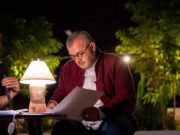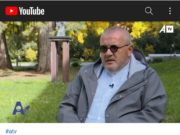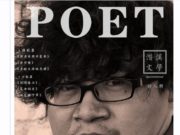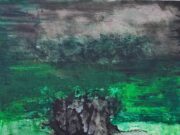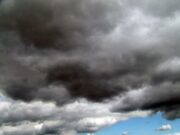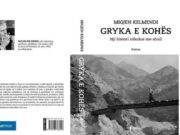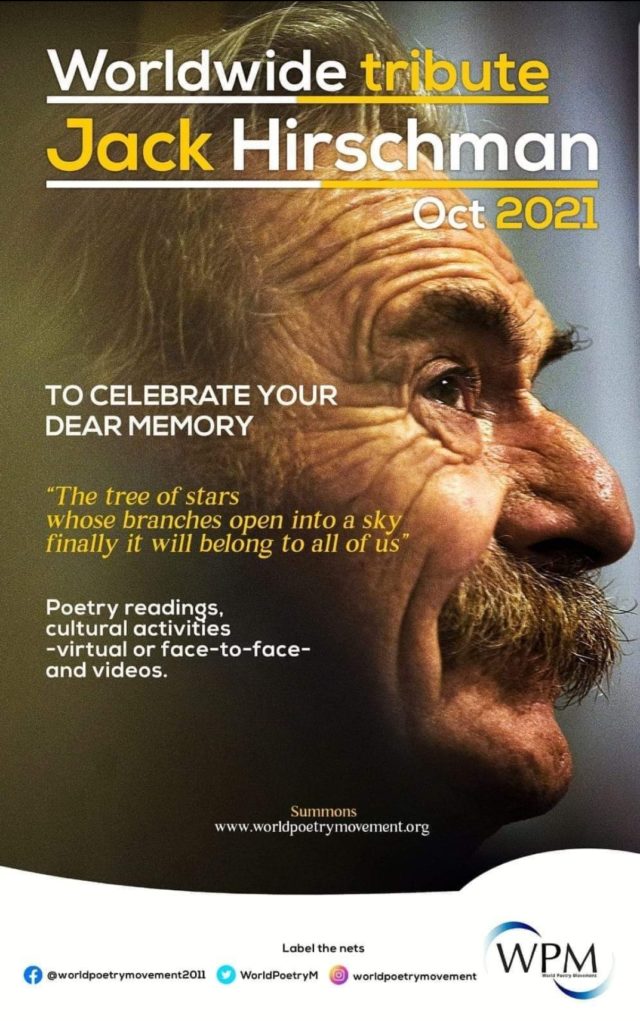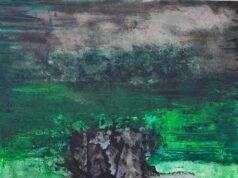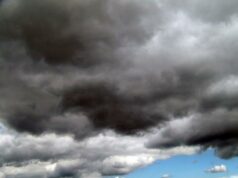Jack Hirschman 1933–2021
lexojnë
Naime Beqiraj
Donika Dabishevci
Blerina Rugova Gaxha
Fahredin Shehu
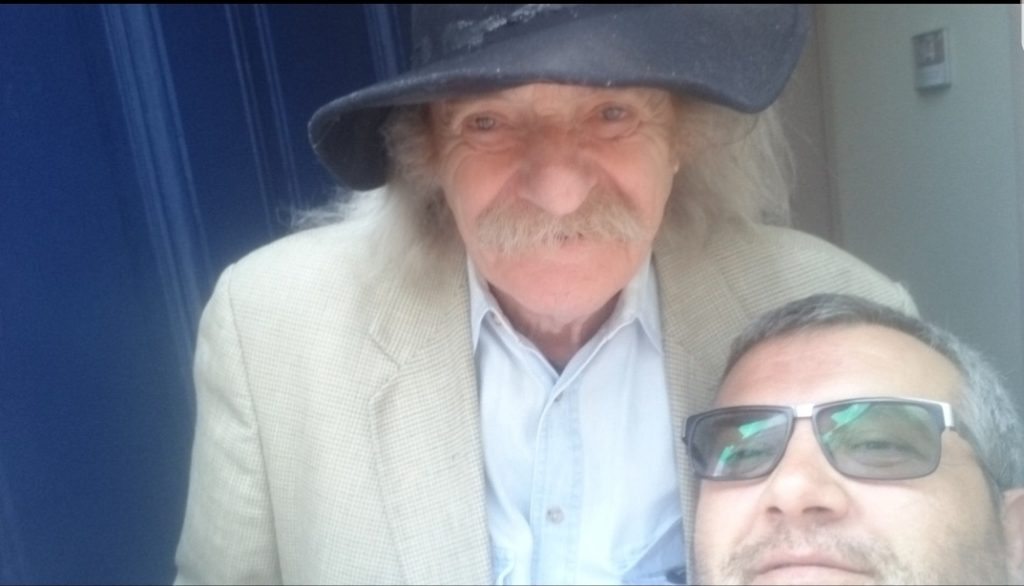
Brussels 2016
Jack Hirschman was born in New York City and grew up in the Bronx. A copyeditor with the Associated Press in New York as a young man, his earliest brush with fame came from a letter Ernest Hemingway wrote to him, published after Hemingway’s death as “A Letter to a Young Writer.” Hirschman earned degrees from City College of New York and Indiana University, where he studied comparative literature. He was a popular and innovative professor at UCLA in the 1970s, before he was fired for his anti-war activities. Hirschman lived in California ever since, making an artistic and political home in the North Beach district of San Francisco. He is known for his radical engagement with both poetry and politics: he was a member of the Union of Street Poets, a group that distributes leaflets of poems to people on the streets. He was also instrumental in the formation of the Union of Left Writers of San Francisco. The former poet laureate of San Francisco, Hirschman’s style was compared to poets ranging from Walt Whitman to Hart Crane to Dylan Thomas, and Beat poets such as Allen Ginsberg. His poems’ commitment to leftist politics draws comparisons to Vachel Lindsay and Pablo Neruda. A communist since 1980, Hirschman told Contemporary Authors, “It is vitally important at this time that all poets and artists collectivize and form strong socialist cadres in relation to working-class cultural internationalism.”
In keeping with his political values, Hirschman’s books were published with small, independent presses, often in small runs. According to the poet David Meltzer, Hirschman was “a great teacher who refuses to work in the university, a scholar of great merit who refuses to publish in the mainstream presses; most everything is published by himself, 150 copies.” Though Hirschman rejected mainstream success, he has published prolifically. His 50-plus volumes of poetry included All That’s Left (2008), Front Lines: Selected Poems (2002), Lyripol (1976), and A Correspondence of Americans (1960). His 1,000-page masterpiece, The Arcanes, was published in 2006. The work, written over decades, was heralded by Alan Kaufman in the SFGate as “unlikely and historically significant a literary production as, say, the appearance of Walt Whitman’s Leaves of Grass or James Joyce’s Ulysses … like Whitman’s and Joyce’s masterpieces, it traces the progress of an individual consciousness through landscapes teeming with the horrible glory of modern life.”
Hirschman was hailed as “one of the left’s most prolific and consistent poetic voices” by Contemporary Poets. But while he was known throughout San Francisco, his real literary fame also blossomed in Europe, where he frequently published both his original work and volumes of translation. Meltzer noted that in France “they consider him a major Communist poet.” Part of Hirschman’s dedication to politics and poetry can be traced to his numerous translations of radical poets from around the world. The many languages he has translated include Russian, French, German, Greek, Italian, Spanish, Albanian, Yiddish, Vietnamese, and Creole. In interviews, Hirschman acknowledged his political involvement began by reading Russian poet Vladimir Mayakovsky, as well as through his contact and friendship with the Beats. As he told Marco Nieli in Left Curve, “Mayakovsky, the first street poet of the century, caught my attention, also because of his relation to the Bolshevik Revolution and because Ginsberg’s Howl had evoked something of Mayakovsky’s journalistic notation. So, before I had learned Russian (which was to come 18 years later) I had Victor Erlich, a friend at the time in Indiana, give me the translations of the texts and I wrote Mayakovsky into American in free verse form. And it was that translation (though I’d written a short praise poem to Allen after Howl’s publication) that actually began my friendship with Ginsberg, when I brought the text to New York in the late ’50s.” Since then, Hirschman has continued to translate unabated. He both coedited and co-translated the collection Open Gate: An Anthology of Haitian Creole Poetry (2002). Kai Maristed remarked in the Los Angeles Times Book Review that “With Open Gate in hand, one is tempted to say that news of the death of responsible American publishing may be premature.”
Before his death in August 2021, Hirschman continued to explore the political nature of poetry. In 2003 he edited Art on the Line: Essays by Artists about the Point Where Their Art and Activism Intersect, which includes writings from Amiri Baraka, Roque Dalton, Martín Espada, George Grosz, Vladimir Mayakovsky, Margaret Randall, James Scully, and César Vallejo, among others. While coming from different points of view, the essays consider how art is naturally ideological. Whether as editor, translator, or poet-performer, Hirschman remained dedicated to the power of poetry. As Contemporary Poetry concluded, “He is a tireless presence at rallies, demonstrations, and benefits, and he remains one of the most galvanizing readers of poetry performing today … his work resonates with an insistent reminder of the American and international radical continuum.”
bio data of late Hirschman are courtesy of
https://www.poetryfoundation.org/poets/jack-hirschman
Naime Beqiraj
Death is not salvation
1.
To wear white
Hands full of rings and bracelets
To decorate my grace with flowers
All in engraved silk
I don’t have a mother to grief over me
My sister died young
Nor daughter or cousin
Weepers are few and far between
-You murdered me at night
Don’t weep over me at daylight
2.
In a flowery coffin
No sunglasses would fit me
Eyes are getting smaller
Lashes are getting longer
Tears couldn’t be counted
Tears on the chin
Tears on the lap
Fear or pain
3.
Don’t let me fade out
Light the fire again
Even if it’s summer
Death is not salvation
The ocean shall renew
When it keeps my urn
There may be large waves
Fish may gulp my ashes
I shall search for you again
To keep me in your arms
To jump out of water
And believe
That we shall meet
My voice shall grow strong
And hear everyone
4.
-No feet shall ever walk
Upon lasses
Face
You shall be mine
You shall surrender calling
As quick as lightning
Neither the flowery coffin
Not the urn embraced in rubies
Shall be able to
Close my eyes
Donika Dabishevci
Donika Dabishevci: To a one night’s love
Translated by: Vlora Konushevci
I smell your scent,
my body slightly trembles,
my heart slowly beats,
out of fear of you not coming.
Oh don’t you dare,
my soul shall be torn to pieces
stronger than death
is my longing for you.
*
I want to do it by being
in a vast desert,
or an island plenty of sea,
where enchantments come alive
at their bosom,
in sand and mud,
in water and sweat,
in a starry moonlit night.
Let me love you, as I have never
loved before,
bewitching love let’s make,
without words or dreams,
just passion.
I have never told you
you’re a stallion
and I’m untamed,
I shall not have any regrets
in this life
touch me
don’t say a word
let’s do it
for long sleepless nights
*
I want to surrender myself to the night
just as a mother does to her child,
no words,
no vows,
no conditions.
I want to have all of you
naked to the bone,
to burn
to melt,
to erupt,
and be happy,
only for being here
only for being with you
if only for this moment
I shall fight until my last breath.
*
Well I don’t want to see you again,
or feel a world of pain,
or see the lump trapped in my throat,
my breath abandoning me,
my body forsaking me.
I’m giving up on you.
Blerina Rugova Gaxha
The Drunkard of the Red City
What’s happening on the streets are my stories,
Used to say the most popular drunkard in the city
He had a habit of touching women’s tits and ass.
All women are mine! I want to lay them down and rape them one by one,
he kept repeating while passing by
He stank of grape brandy, quince brandy, pear brandy and all kinds of brandies
He had a hairy chest and he wore a leather coat all the time
Rumor has it that he went nuts after a girl who left him for another man.
They say that once he was handsome and smart.
Once he grabbed my tits. I was so ashamed! I was fourteen years old
When the war was over he was still there. Nothing happened to him.
Some said that he had crossed the border
and some said that he was staying in gypsies’ quarter
Some said that police and soldiers didn’t touch him at all.
Perhaps they were too lazy to kill an ordinary drunkard
Even in peacetime he kept touching women’s tits and ass
His name was Ali. Love has driven him mad
She had betrayed him, or he had betrayed her, something like that
What was happening on the streets was the torture and his story
Ali always sang about love. He was a man of courage
In an afternoon they caught him fucking a mentally ill girl
At the edge of a bridge, there where his new love used to stay. Ali sang about love
His death became news in town with less than one hundred thousand inhabitants
The town-crier yelled: The madman has died. Girls can walk freely
In peacetime no one will touch them. The last enemy died
There was no funeral. Who buried him or where they gave him a piece of land
But they all remember him in the city that there won’t have another Ali
The drunkard who knew stories of every street and who liked
The tits and ass that were passing through his streets
What’s happening on the streets are my stories
For sure the deed of them he took with him
He should be the last rapist in the red city
Translated by Fadil Bajraj
Fahredin Shehu
Augmentation
they stretched their wings
beneath whom the tiny bells rang
the smell of Ozone evaporated and the crystalline echoes shuddered my skin
The day was long, longer than any…
The night was long and dark as ink
The hours were counted by the appearance of dandellions
The days counted by eggs in every morning
I saw the sky showing the entire Avesta page by page
I took the dew with my tongue from the last green leaf of the Amarylis
The Maelstrom twisted me entirely and projected me in her dream


